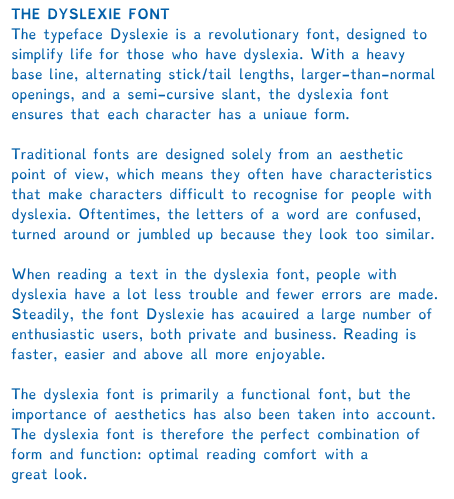 By the end of the first quarter, you could understand why Fox Sports had “flexed” out of covering this game … it was anything but rivetting TV. The Vikings looked rusty, as if they’d been off for several weeks rather than just the one week bye. The highlight of the game was a fake punt that caught the Bears totally by surprise as Andrew Sendejo took the ball 48 yards (a Vikings record). Aside from that, the offense couldn’t manage very much production and forced the defence to go back on the field far too quickly — the time of possession was very lopsided, as the Bears held the ball for over 38 minutes, leaving under 22 minutes for the Vikings.
By the end of the first quarter, you could understand why Fox Sports had “flexed” out of covering this game … it was anything but rivetting TV. The Vikings looked rusty, as if they’d been off for several weeks rather than just the one week bye. The highlight of the game was a fake punt that caught the Bears totally by surprise as Andrew Sendejo took the ball 48 yards (a Vikings record). Aside from that, the offense couldn’t manage very much production and forced the defence to go back on the field far too quickly — the time of possession was very lopsided, as the Bears held the ball for over 38 minutes, leaving under 22 minutes for the Vikings.
Former Viking Jared Allen had by far his best game of the season, treating former Pro Bowl left tackle Matt Kalil like a turnstyle and pressuring Teddy Bridgewater several times and sacking him once. The Viking defensive line was held in check all day, recording no sacks and relatively few hits. Cornerback Josh Robinson was Cutler’s favourite target … as a shorter player, he was at a disadvantage against the Bears’ tall wide receivers, and Cutler completed a lot of passes to whoever he was covering on the play. Brian Hall has the details:
The Vikings knew all about the size disadvantage coming in. The Bears have Brandon Marshall (6-foot-5) and Alshon Jeffery (6-foot-3) on the outside. Minnesota has 5-foot-9 cornerback Captain Munnerlyn starting in the base defense and 5-foot-10 Josh Robinson to go with 6-foot-1 Xavier Rhodes on the outside in the nickel defense.
Chicago knew where Josh Robinson was and targeted him often with the tall receivers. Bears quarterback Jay Cutler just threw the ball up and let Marshall and Jeffery use their length. Jeffery was targeted 17 times and had 11 receptions for 135 yards and a touchdown against Robinson. Marshall had 10 targets leading to seven catches for 90 yards and two touchdowns against Robinson.
Robinson wasn’t out of position in many of the cases, but Marshall and Jeffery used their size to make plays. Cutler was 31-of-43 passing — with 27 attempts to Marshall and Jeffery — for 330 yards, three touchdowns and two interceptions. Minnesota, particularly Robinson, just had no chance against Marshall and Jeffery.
Joe Oberle says the game was actually worse than the score might indicate:
It’s difficult to determine which unit was more culpable for the loss, so we will start with the offense. They say numbers don’t always tell the whole story, but in the case of this game they tell enough. The Vikings had 243 total yards on offense (with 48 of them coming on a fake punt and a bunch more in what turned out to be garbage/prevent time).
Teddy Bridgewater was 18 of 28 for 158 yards, a touchdown and an interception. He was inaccurate when throwing past five yards down field. He was sacked twice and hit five times, which shows once again that the offensive line that struggled to protect him. It was well into the game before Bridgewater targeted a wide receiver, as either he didn’t have time to see them or they were not getting open. Stop me if you’ve heard this before.
These atrocious numbers came against the 26th ranked defense in the league coming in—a defense that had given up 106 points in their past two games. Were it not for the fake punt that set up the only touchdown, the final score would have been worse. Bridgewater and the offense took a step backwards against a team that had been demoralized. This game for the Vikings was actually worse than the score indicated.




